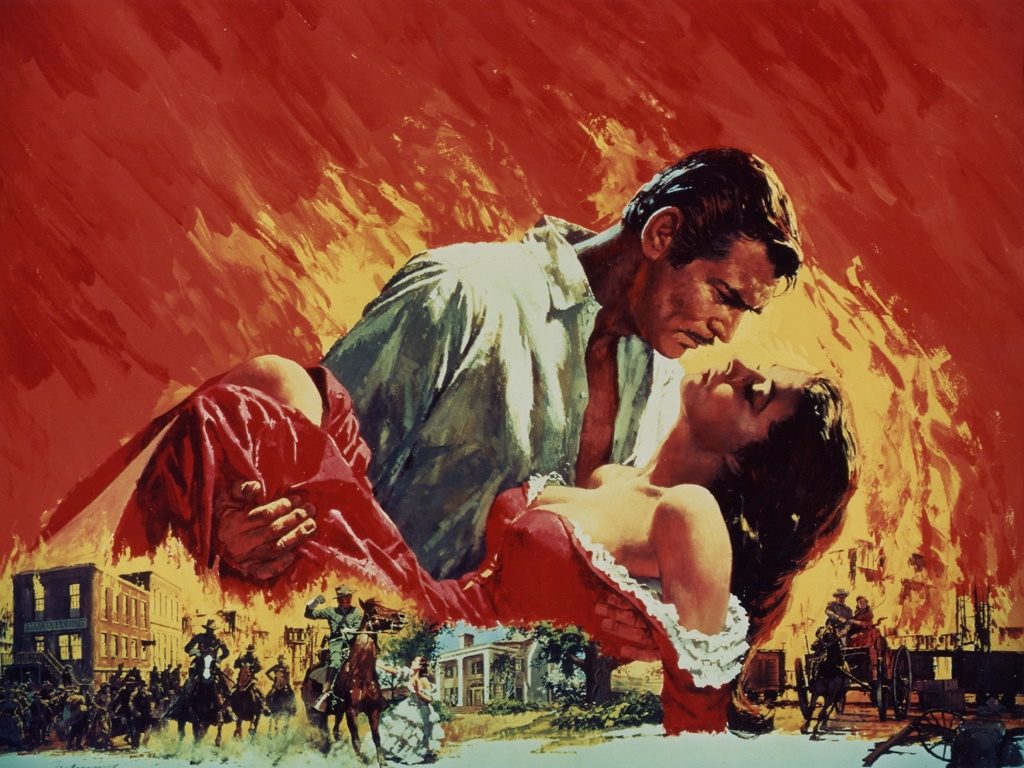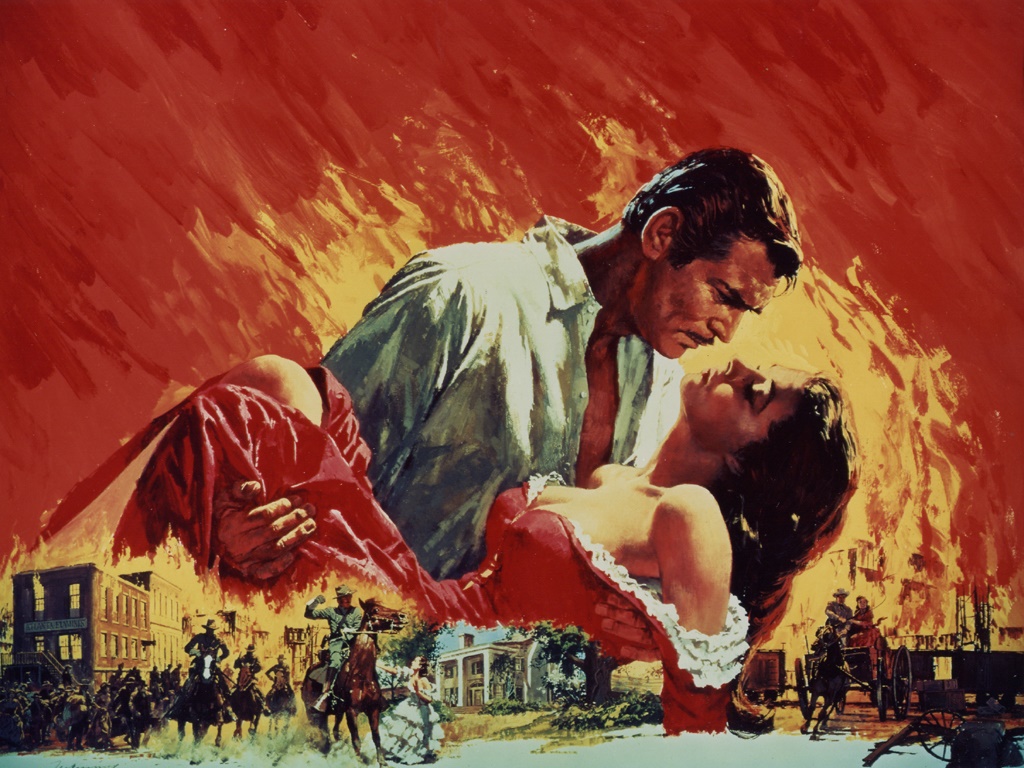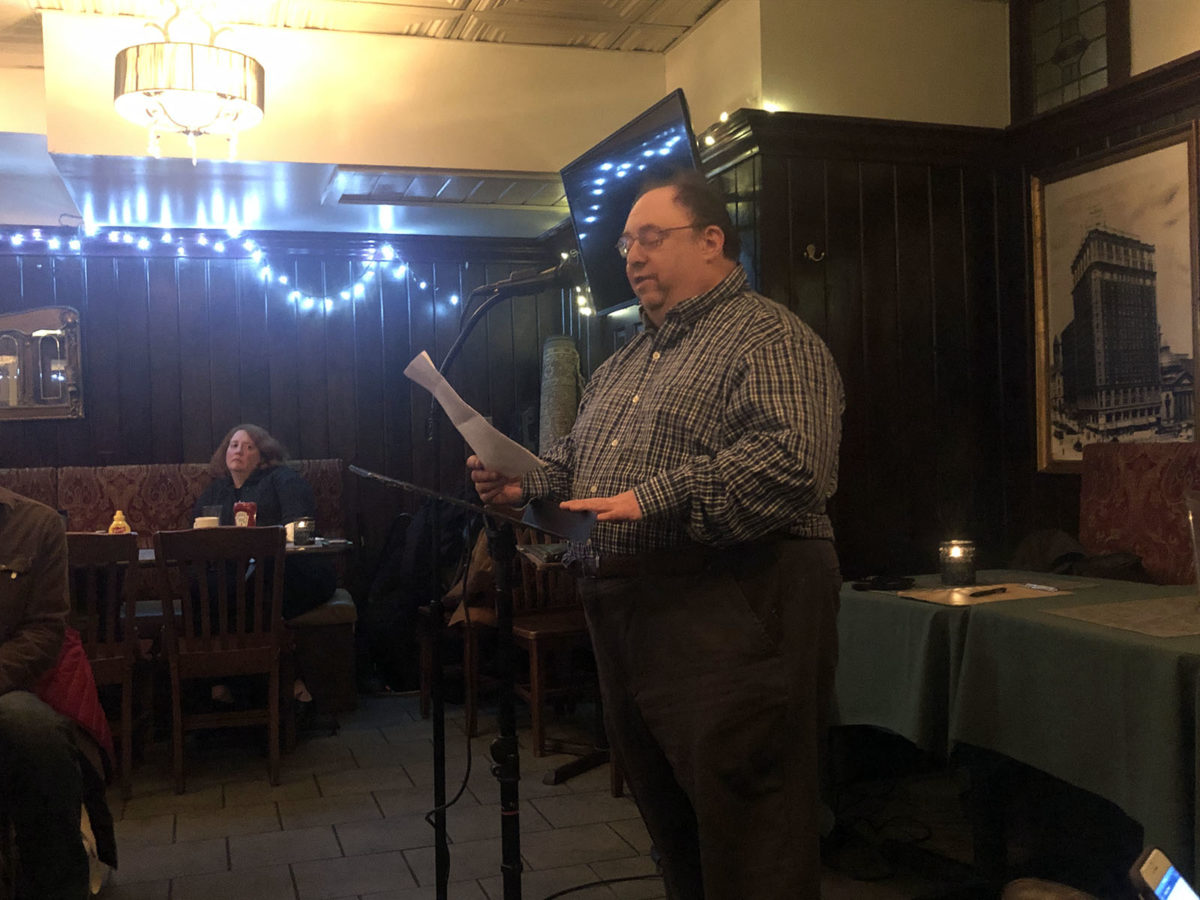
I had a friend in high school that I had my first crush on. He was tall, sophisticated and flamboyant. His favorite movie and book were Gone With the Wind. He had seen the movie several times and read the book several times. My friend would always imitate Prissy in the famous “I don’t know nothin’ about birthing babies.” scene. I thought of my old high school friend, who died from AIDS in the early 80’s, when I read an article about how the Orpheum Theatre in Memphis decided to end a 34-year tradition of an annual showing of the film. With Banned Books Week coming up, I thought it was time to talk about the book.
The novel was a best-seller when it was first published in 1936, during the Depression. It won the Pulitzer Prize for Fiction the next year. When the film was announced, people were curious who play Scarlett. It was said that every actress in Hollywood screen tested for the part before obscure British actress Vivian Leigh won the role.
I think most people are familiar with the plot but basically, Scarlett O’ Hara, a spoiled daughter of a plantation owner, chases after Ashley Wilkes, even after he marries his cousin Melanie. Ashley is an idealist and a bit of a dreamer. Scarlett has more in common with Rhett Butler, who is a realist who knows the South has no chance of winning the Civil War. After a couple of marriages (one to Rhett Butler) she realizes that she really does love Rhett, despite the fact that Rhett has already left her.
I understand why the book is not as popular as it once was. Ashley talks about preserving the Southern way of life as a reason to fight for the Confederacy. Of course, he never mentions “the way of life” he is referring to is Slavery. Men and women were kidnapped and shipped to America in horrific conditions and were sold to white people who used the slaves to pick cotton. Another reason the book has lost its luster is that it promotes the myth of happy slaves. All the slaves in the book are portrayed as being happy, even though they were considered to be property as if they were a piece of furniture. All slaves knew that if they ran away and were caught, they might be shot on sight. If they did not meet their owner’s expectations, they could be beaten. The owner could sell a slave when he wanted to. I can imagine how a slave, no matter how well treated, would not be happy under those circumstances.
Should we then get rid of Gone With the Wind? I am against any form of censorship, no matter how well-meaning. I understand why people want to get rid of statues of Confederate soldiers because they are a daily reminder of the legacy of racism. A book, on the other hand, is something you can choose to read or not to read. No one is forced to read it. Also, sometimes I wonder where the censorship will lead us. In 10 or 15 years, do we not teach To Kill a Mockingbird just because it deals with rape? It becomes a slippery slope that we can’t climb to the top of the mountain. And if you want to read Gone With the Wind, also read slave narratives like 12 Years a Slave or Roots. Read novels that deal with slavery from the slave’ s perspective like Beloved by Toni Morrison or The Underground Railroad by Colson Whitehead.
On a post about the Orpheum Theatre on Facebook, I told my story about my high school friend. A person told me if my friend was alive today, I could lecture him about how racist GWTW is. First of all, if my friend was alive today, I would tell him how much I loved him. I would tell him how angry I was that our government under the Reagan administration did nothing to help people infected with AIDS. I would let him figure out Gone With the Wind for himself.







Another thoughtful critique. Thanks Don!
Great Review. Also freedom from censorship allows people like you to write reviews explaining what is wrong with the book’s portrayal of slaves. I’m sorry you lost your friend.
So many precious live lost or stolen, to AIDs or slavery… Thanks for the view… xo